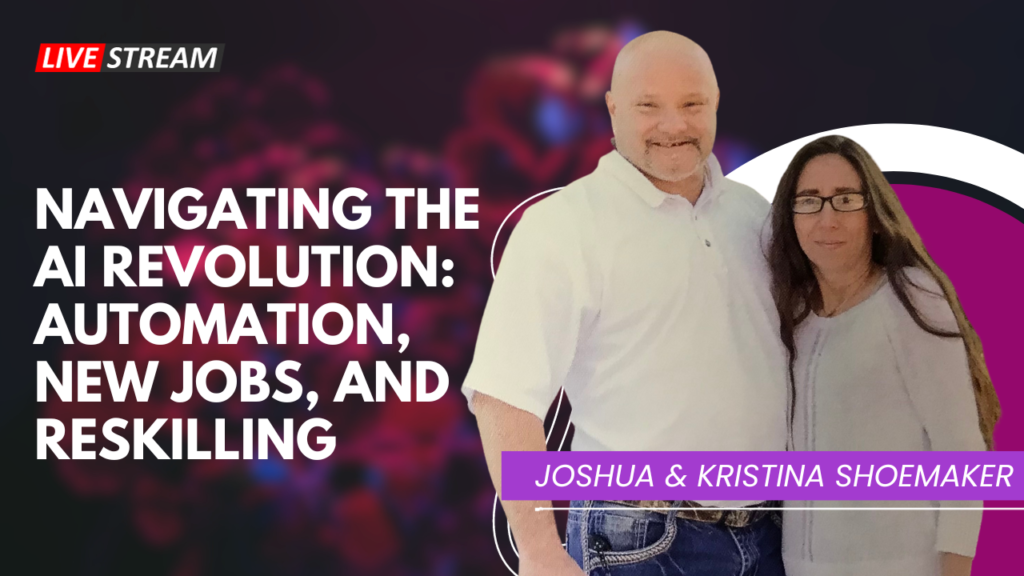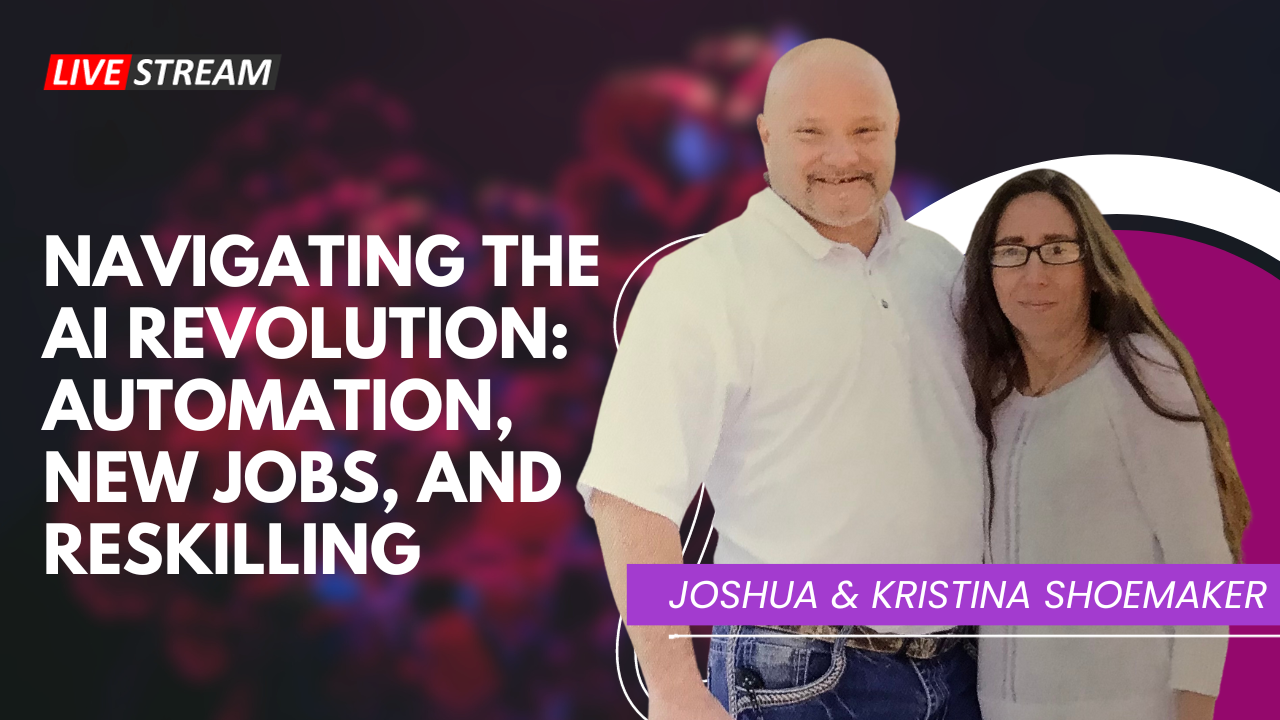
Artificial intelligence (AI) is rapidly transforming the world of work, automating tasks, creating new industries, and altering the skills required for success. While concerns about job displacement due to automation are understandable, AI also presents a plethora of opportunities for new jobs, innovation, and economic growth. The key lies in understanding the evolving landscape and preparing for the shifts ahead.
Automation and Job Transformation
AI’s ability to automate routine, repetitive tasks has raised concerns about job losses in industries such as manufacturing, transportation, and customer service. While automation is undoubtedly changing the nature of work, it’s important to recognize that it’s not simply replacing jobs; it’s transforming them.
As AI takes over routine tasks, it frees up human workers to focus on higher-level activities that require creativity, problem-solving, and social intelligence. These “augmented jobs” demand new skills and a different approach to work, but they also offer more opportunities for growth and personal fulfillment.
The Rise of New Jobs
While AI may displace certain jobs, it’s also creating new ones. The demand for data scientists, AI engineers, and other tech specialists is skyrocketing as companies seek to harness the power of AI. Additionally, new industries are emerging around AI applications, such as autonomous vehicles, robotics, and artificial intelligence of things (AIoT).
These new jobs require a diverse set of skills, including technical expertise, creative thinking, and the ability to work with data. It’s estimated that AI will create millions of new jobs in the coming years, offering opportunities for those who are willing to adapt and learn new skills.
Reskilling and Upskilling: The Path to Adaptability
In the face of AI’s transformative impact, reskilling and upskilling are becoming essential for workers across all industries. This involves acquiring new skills and competencies to thrive in the evolving job market.
Reskilling might involve learning new programming languages or data analysis techniques, while upskilling often focuses on enhancing soft skills such as communication, collaboration, and critical thinking. These skills are crucial for success in the AI-driven workplace, regardless of one’s specific job role.
Strategies for Navigating the AI Era
To navigate the AI era successfully, individuals and organizations must adopt a proactive approach to learning and adaptation. Here are some key strategies:
- Continuous Learning: Embrace a mindset of lifelong learning, staying updated on emerging technologies and trends.
- Focus on Skills Development: Prioritize the development of in-demand skills, such as data analysis, programming, and soft skills.
- Seek Upskilling Opportunities: Utilize available resources, such as online courses, training programs, and mentorships, to enhance skills.
- Embrace Change: View AI not as a threat but as an opportunity to learn, grow, and contribute in new ways.
Conclusion: A Collaborative Future
The future of work will be shaped by a collaboration between AI and human ingenuity. AI will augment human capabilities, providing new tools and insights, while human workers will bring creativity, problem-solving, and social intelligence to the table. By embracing reskilling, continuous learning, and a collaborative mindset, individuals and organizations can thrive in the AI-driven era, harnessing the power of technology to create a more prosperous and equitable future for all.
